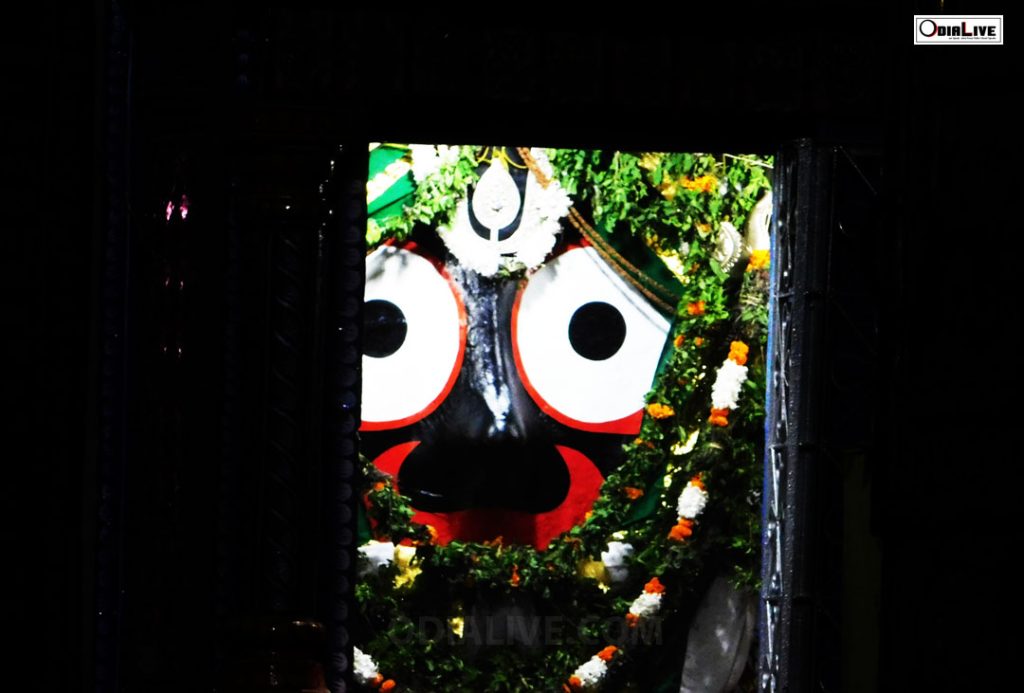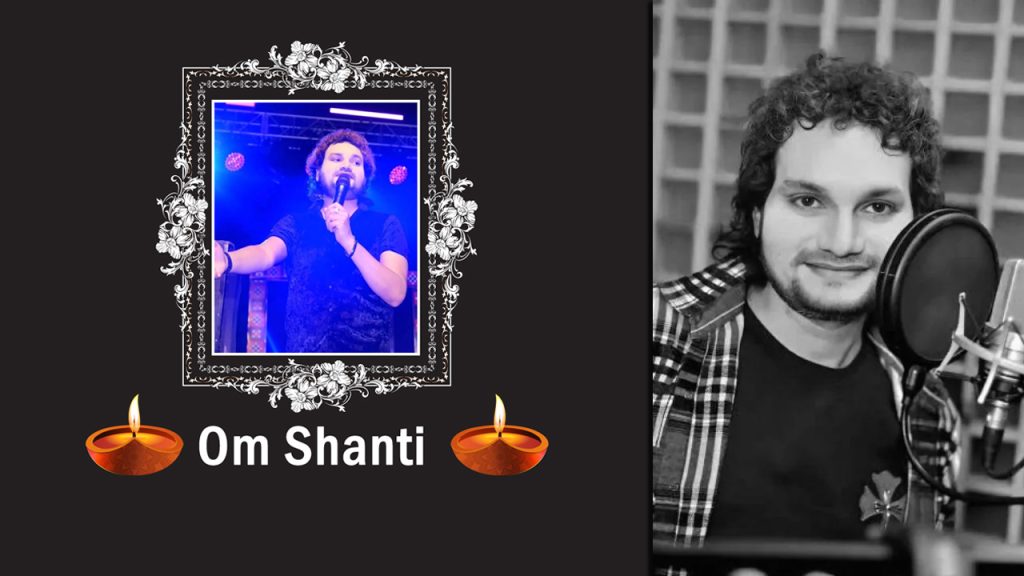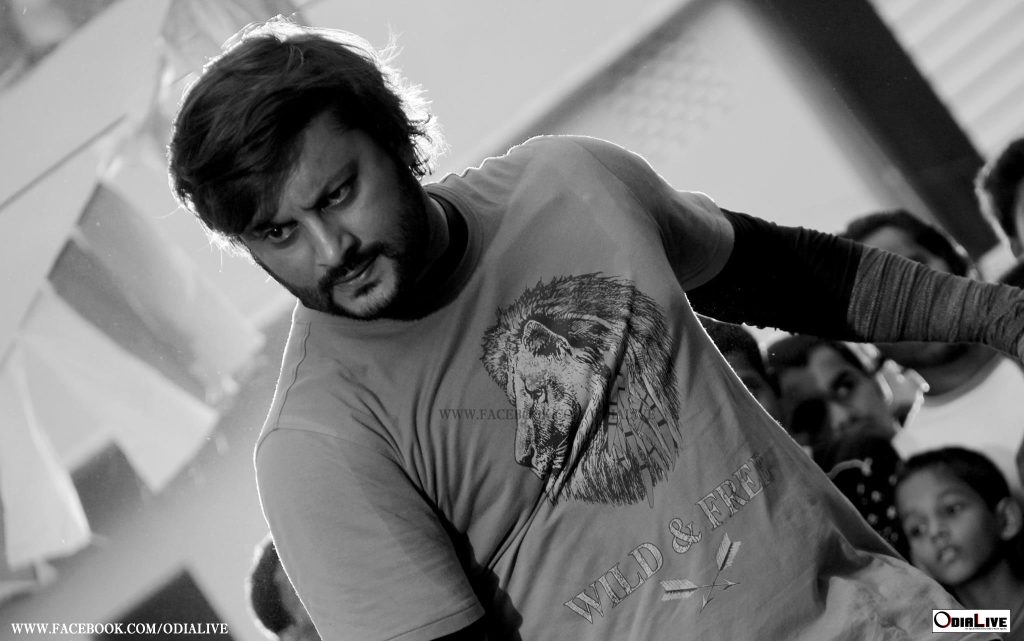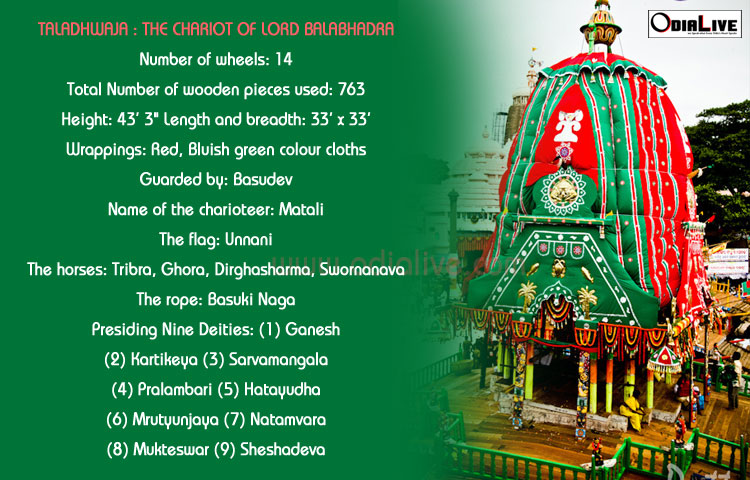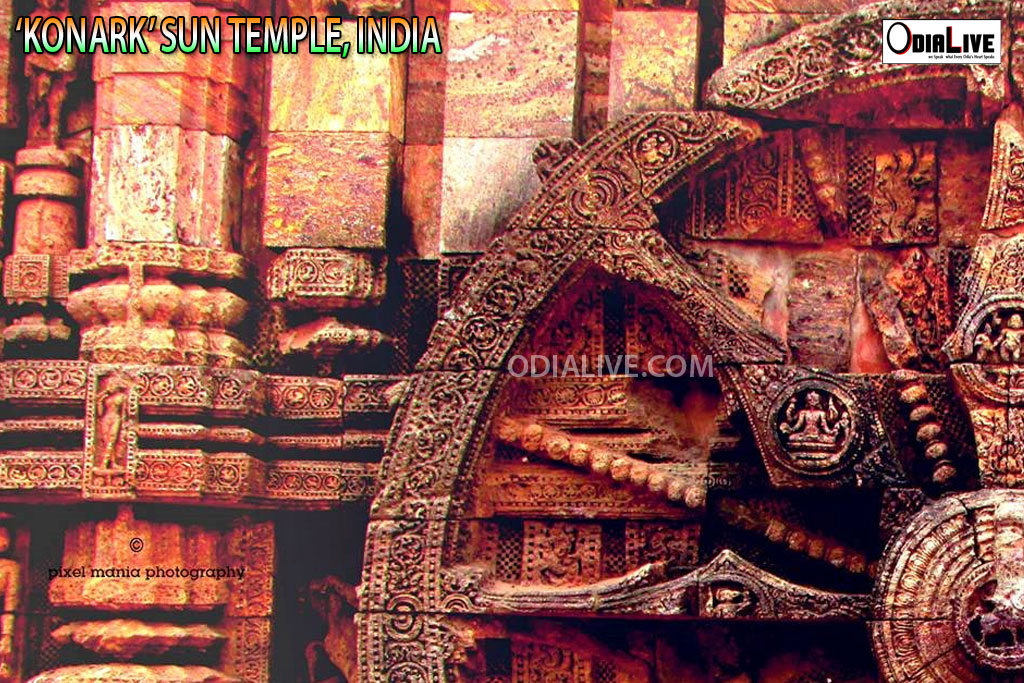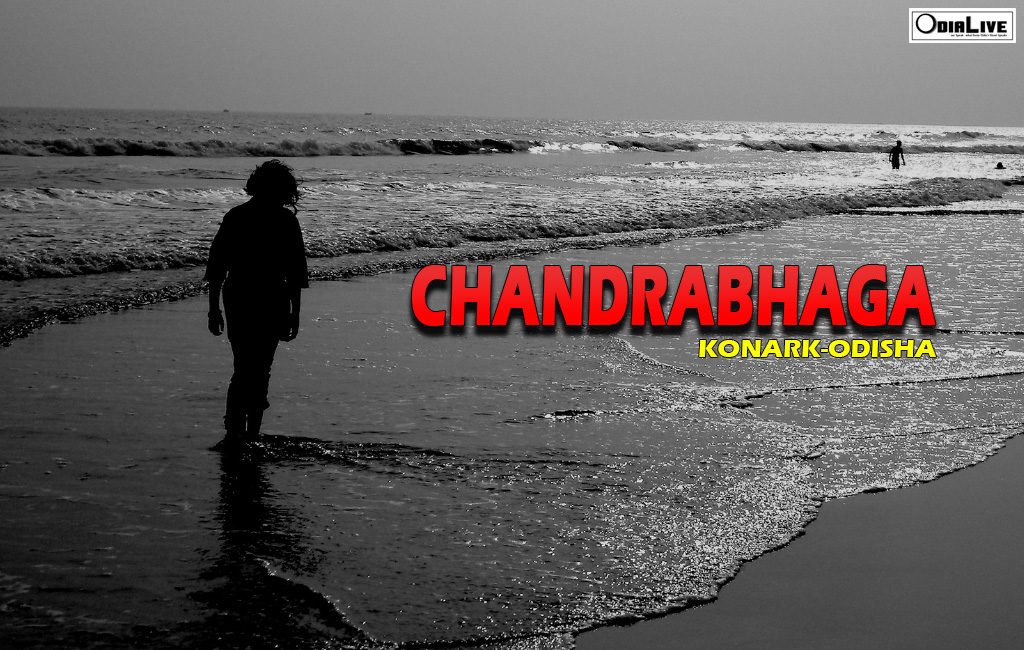Ratha Yatra The Chariot Festival of Lord Jagannath
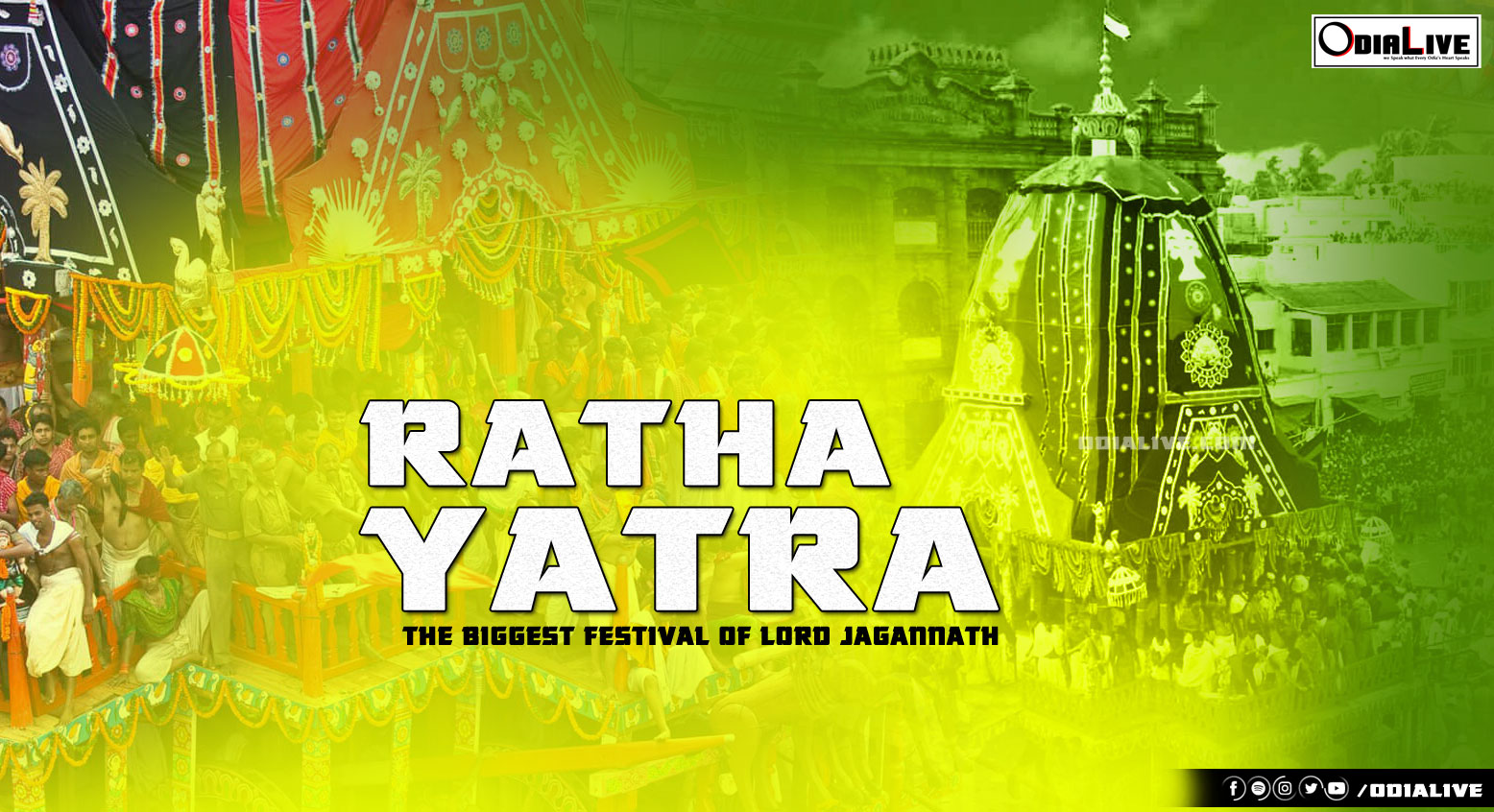
Ratha Yatra – The Grand Chariot Festival of Lord Jagannath
Ratha Yatra, also known as the Chariot Festival of Lord Jagannath, is one of the most vibrant and sacred festivals in India, especially in Puri, Odisha. Celebrated in the early days of the monsoon season, this ancient tradition symbolizes Lord Jagannath’s divine journey from his temple to his garden palace in the countryside.
This centuries-old celebration, deeply rooted in Hindu belief, draws millions of devotees and pilgrims from across the world. The word “Juggernaut” in English, meaning a massive and unstoppable force, actually finds its origin in the awe-inspiring spectacle of this very festival.
Significance of Ratha Yatra
Lord Jagannath is considered a form (avatar) of Lord Vishnu, and he is worshipped alongside his elder brother Balabhadra and sister Subhadra. During Ratha Yatra, these three deities are taken out in a grand procession on massive, specially constructed wooden chariots known as raths, pulled by thousands of fervent devotees.
For the people of Odisha, the Ratha Yatra is not just a festival — it’s a spiritual experience, a symbol of devotion, and a celebration of divine movement.
Also Check: Konark Temple: One of the 7 Wonders of India
Historical Origins of the Ratha Yatra
The origins of Ratha Yatra are believed to have ancient Buddhist influences. The Chinese traveler and historian Fa-Hien, who visited India in the 5th century AD, documented a tradition of chariot processions dedicated to the Buddha.
The term “Juggernaut” was born when British colonialists witnessed the overwhelming scale and fervor of the Rath Yatra during the 18th century. Overwhelmed by the intensity of the crowd and occasional accidents due to the massive chariot wheels, they reported it as an unstoppable force, giving rise to the term’s modern usage.
How is Ratha Yatra Celebrated in Puri?
The festival begins with the Ratha Pratistha, or the sacred invocation ceremony, in the morning. But the most thrilling part — the Ratha Tana, or chariot pulling — starts in the late afternoon.
Each deity has a distinct chariot built from scratch every year by skilled artisans, following traditional guidelines:
-
Nandighosa – The chariot of Lord Jagannath, with 18 wheels, standing 23 cubits high.
-
Taladhwaja – The chariot of Balabhadra, with 16 wheels, standing 22 cubits high.
-
Darpadalana (also called Devadalana) – The chariot of Subhadra, with 14 wheels, standing 21 cubits high.
These massive wooden chariots resemble miniature temples and are pulled through the streets of Puri by a sea of devotees, chanting hymns and offering prayers. The sight is nothing short of divine.
Return Journey and Rituals
After a nine-day stay at the Gundicha Temple (also referred to as their garden palace), the deities return to the Jagannath Temple in a return procession known as Bahuda Yatra. Every 12 years, the wooden idols of the deities are ceremoniously replaced in a sacred ritual called Nabakalebara.
Why You Should Witness Ratha Yatra at Least Once
The Ratha Yatra of Puri is a divine confluence of faith, culture, and devotion. It’s more than a religious ritual — it’s a spectacle of spiritual energy, artistic tradition, and community unity. Whether you’re a pilgrim, a culture lover, or a spiritual seeker, the Ratha Yatra is an unforgettable experience.
Plan your visit to Puri during Ratha Yatra and witness the divine wheels of devotion roll forward.
Also Read: Do you Know there are 106 Species of leafy vegetables consumed in Odisha


